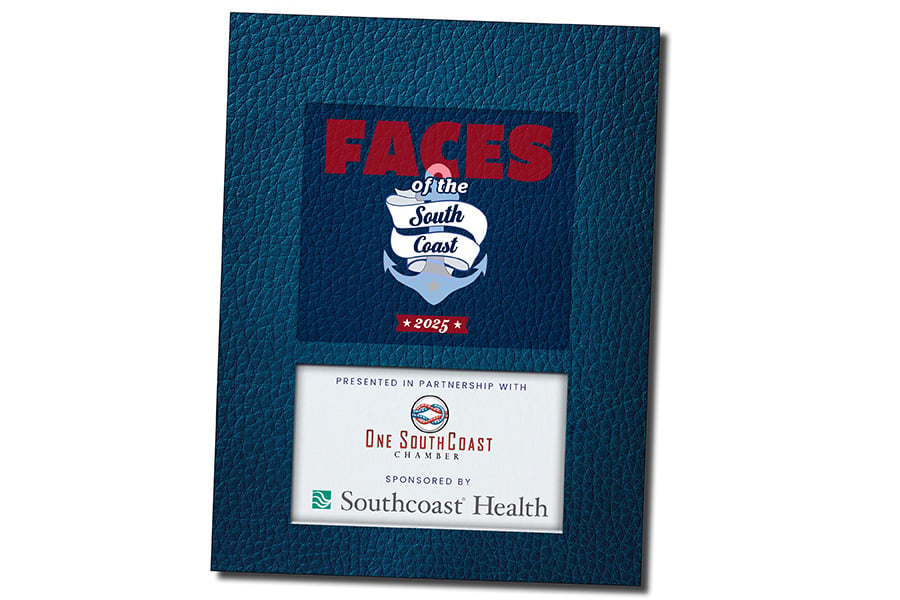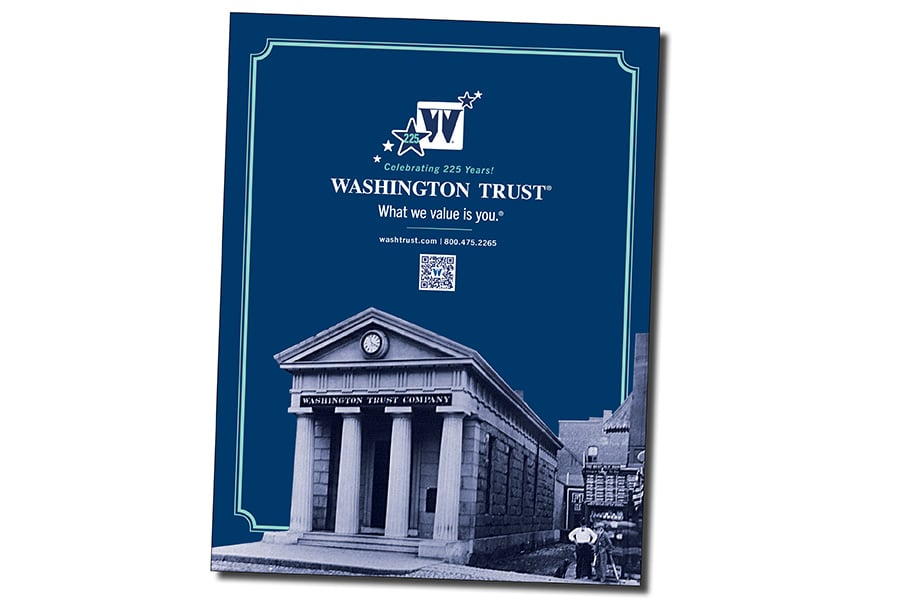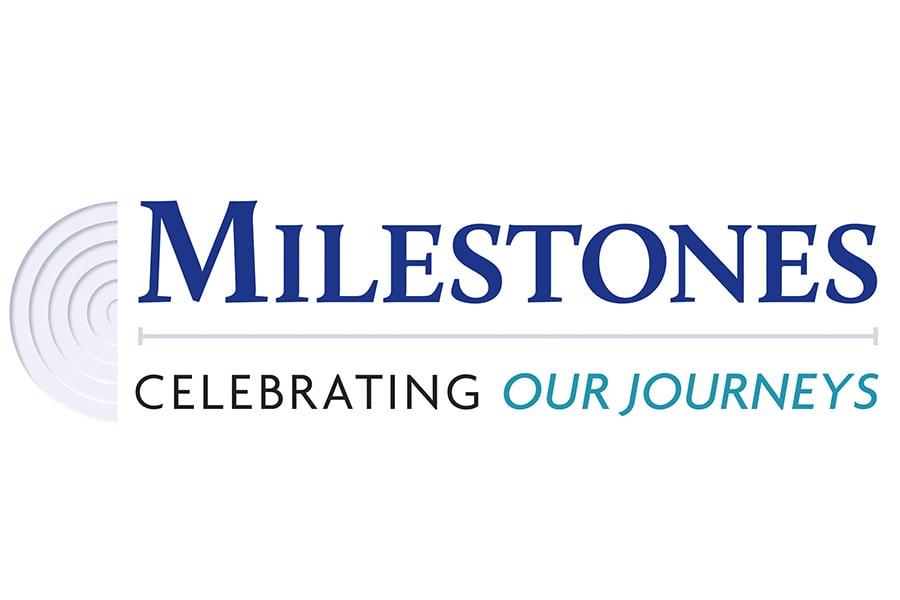Wet Hop Season is Here. What That Means at a Local Hop Farm.
Huntinghouse Hopyard fuels the local beer industry from Glocester.
For three weeks every August, Bob and Lynn Butler’s homestead off Route 6 in Glocester turns into a full-scale hops facility.
Beginning in mid-August, the Butlers and a core group of dedicated friends climb atop a two-level trailer to cut down the long strings of hop vines hanging from eighteen-foot poles next to their home. The hops — weighing about one pound per plant — are thrown into a harvester to be separated from the vine, then spend two-and-a-half days in a homemade dryer consisting of a trailer with several dehumidifiers and fans. The remaining hops — those that weren’t separated out while still fresh for use in “wet hop” beers — are trucked to a processing facility in New York to be ground, turned into pellets and eventually return to Rhode Island to add their signature flavor to hoppy brews. By the end of the season three weeks later, the Butlers have harvested around 2,600 plants.
“I think this year we finally we got a pretty good handle on it. We’re learning from our experience,” Lynn says.
The idea for Huntinghouse Hopyard started in 2015 when the Butlers purchased twenty-seven acres next to their Glocester home. The couple had moved to the rural outpost from Warwick twenty years ago and were afraid someone would build on the neighboring property. It was over a beer at their favorite brewery, Long Live Beerworks, that the craft beer enthusiasts realized they could use the plot to grow hops.
“Now the hops are our neighbors,” Lynn says.
Neither owner had any previous farming experience. They purchased equipment from a former hops farm and attended conferences on hops growing at the University of Vermont. In 2019, they planted their first crop, harvesting the first batch of perennial hops the following year. A few weeks later, Long Live released House on a Mountain, a New England Double IPA and the first beer brewed with Huntinghouse hops.
The farm produces five varieties of hops, all of them suited to the hoppy New England IPAs the couple likes to drink. Despite the moniker, Bob says hops are fairly difficult to grow in New England, since the plant prefers a dry climate and is vulnerable to a type of mold known as downy mildew.
“Two years ago, we lost the entire field except for the Cashmere [variety]. Everything had mildew,” he says.
Despite the rainy summer, Bob says they had a good harvest this year as the hops had time to dry out between downpours. A portion are sold fresh to local breweries to be incorporated into “wet hop” beers using undried hops, often within hours of harvesting. Because of the plant’s narrow harvesting window and distinct hoppy taste, wet hop beers are a widely anticipated seasonal treat on the West Coast, but Lynn says they have yet to catch on in New England, where fresh hops are harder to find.

Most of a hop’s flavor is stored in the lupulin, a yellow substance inside the hop. “That’s the magic that everybody wants right there,” Lynn says.
Four years in, they’ve established a close network in the local beer scene and sell their hops to a variety of Rhode Island breweries. Long Live, Proclamation Ale Company, Tilted Barn Brewery, Shaidzon Beer Co. and Bravo Brewing Company are all working on wet hop beers made with this season’s harvest, and the company’s hops also appear in beers from Taproot Brewing Company and Narragansett Beer. They also occasionally sell the vines to a wholesale florist who uses them as decorations for weddings and other events.
Bob works on the farm full-time, while Lynn is an ultrasound technician with her own practice. Prior to becoming a hops farmer, Bob spent time as a mechanic, machine shop operator and stay-at-home dad, all helpful experiences, he says, for a business that grew out of a home passion project. The couple collected the last of this year’s harvest over the Labor Day weekend, giving them six farm-free months before the process starts again next spring.
“During the winter, we do research,” Lynn says.
“They all know us. We’ve been doing it a long time,” Bob adds, before clarifying: “The drinking part.”
RELATED ARTICLES
On Tap: The Latest Brewery and Distillery News In Rhode Island
Bristol’s Unity Park is a Food, Coffee and Beer Lovers’ Haven
Rhode Island’s Seven Best Brewery Patios































